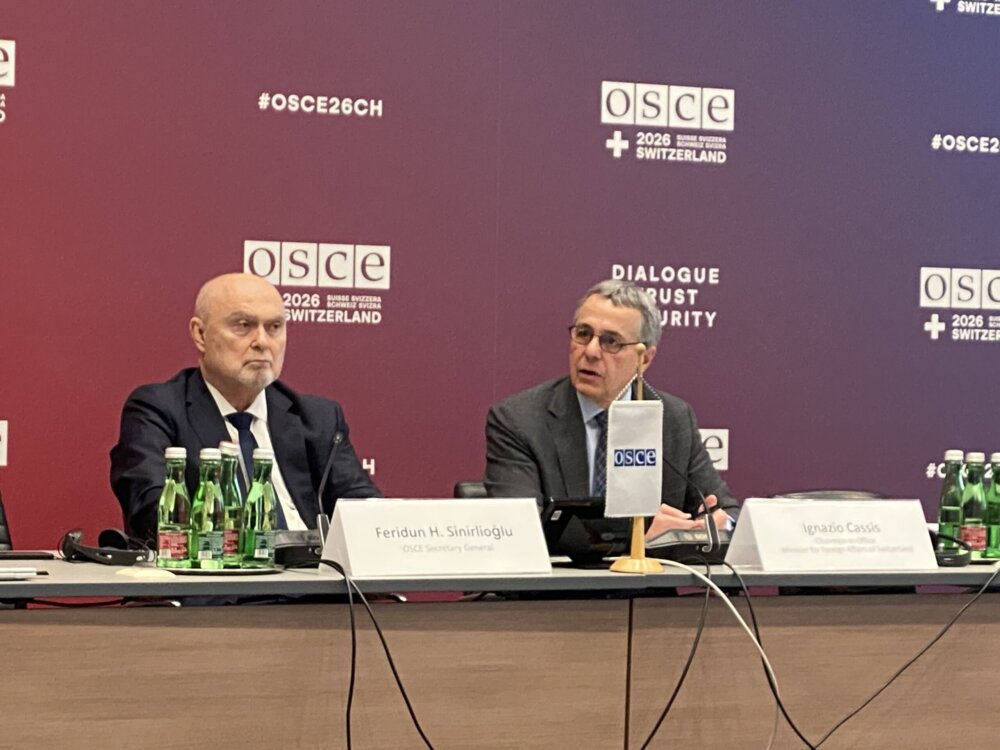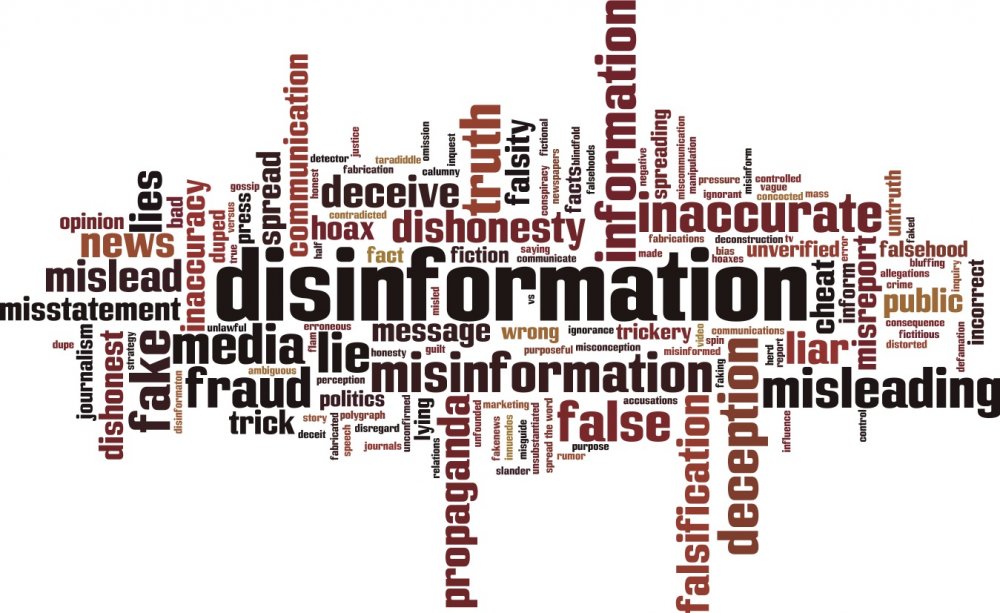OSCE/Maria Kuchma

The impact of the Helsinki Accords on civil society development and human rights observance in the OSCE region: past and present
This article is part of the Special Issue on “The OSCE at 50: Reflections on security, cooperation and human rights”, published on a rolling basis between July and November 2025. The Special Issue was curated and edited by Walter Kemp and Christian Strohal, Security and Human Rights Monitor Editorial Board members and guest editors-in chief.
Yevgeniy Zhovtis is Senior Expert-Consultant, Kazakhstan International Bureau for Human Rights and Rule of Law – Almaty, Kazakhstan
Abstract
On December 4th, 2024, during the OSCE Parallel Civil Society Conference, the Malta Declaration was adopted: “A stronger and reformed OSCE is needed to ensure its ability to implement its mission and effectively respond to the crisis threatening our comprehensive security”. The conference was organised by the Civic Solidarity Platform, established in 2011, which represents a network of more than 100 CSOs from across the OSCE region working on human rights, peacebuilding and democracy promotion.
The authors of the Declaration also drew special attention to the fact that “despite repeated calls issued by civil society organisations, including in the outcome documents of all previous OSCE Parallel Conferences, to OSCE bodies and participating States to take a strong action to protect civil society space and reverse the backlash against independent NGOs and civic activists, legislation and practices restricting the right to freedom of association continue to be actively developed and applied by governments in the OSCE region. Worst repressive practices aimed at curtailing independent civic participation and shutting down critical voices are being reproduced by non-democratic regimes in a growing number of participating States. A war against independent civil society aimed at its elimination is expanding”.
Essentially, this document reflects trends that civil society organisations actively involved in OSCE activities have observed for at least the past twenty years, about which they have repeatedly expressed serious concern and alarm. Moreover, this declaration was published even before a series of steps taken by the new US administration in February-March this year, which, alongside certain other events (the Russia-Ukraine war, the Middle East conflict, etc.), is leading to tectonic shifts before our eyes regarding the place and significance of the universal values of freedom, democracy, rule of law and human rights in the modern world.
DOI: 1058866/FCSR7932



Comments
* Your email address will not be published